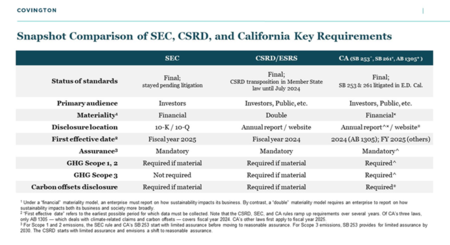The Australian Academy of Science supports the below statement made this week by the InterAcademy Partnership. The Academy joins with over 100 other national science academies to offer these best possible scientific data and recommendations to all governments throughout the world. These proposals are based on a consensus of the best available research data, and will be discussed and modified in each country, including Australia, to take account of local circumstances.”
The statement’s three key points are that:
- All countries to renew their commitment to collaboration based on whole-of-government and whole-of-society approaches.
- Coordination in the communication of validated information worldwide, by intergovernmental organisations and others, is essential to enable strengthening of public health preparedness, informed by the best scientific evidence.
- IAP recommends particular efforts to work with and support countries with weaker public health frameworks and health care systems, perhaps especially in Africa and Southeast Asia where coronavirus infections are expected to increase soon.
It is this Academy’s strong position that responsibility for coordination of an effective international response to COVID-19 must involve scientists and clinicians, who have the skills and experience to provide the best advice on how to minimise the impact of the pandemic. To support scientists, the Academy recently called for data underpinning COVID-19 decisions to be made public.
World academies call for global solidarity on COVID-19 pandemic
March 27, 2020
The InterAcademy Partnership (IAP) urges countries to collaborate, use and share science-based information, and help the developing world.
The current COVID-19 outbreak was first reported on 31 December 2019. On 11 March 2020 the World Health Organization (WHO) declared a pandemic. Today, under the InterAcademy Partnership (IAP), 140 medical, scientific and engineering academies from around the world call on the scientific and policymaking communities to come together to help control the spread of infection. IAP’s aim is to encourage better and faster use of research and its outputs for the global public good.
“Many in the scientific community are expressing great concern that a willingness to coordinate action and share resources that was found in tackling previous pandemics such as HIV, SARS and avian influenza has not emerged to the same extent yet for COVID-19. It is time to change the tide,” says IAP President Volker ter Meulen.
IAP academy members constitute more than 30,000 leading scientists, engineers and health professionals in over 100 countries. The new IAP Communique on COVID-19 emphasises the vital importance of doing more now to act collectively because effort on the global scale is essential to mitigate the spread of coronavirus in all territories. Firstly, countries must collaborate and make sure leaders in public health and governments work together to fight the outbreak, focusing on global-scale planning. Second, governments must use the best scientific evidence to strengthen public health preparedness and mitigate the socioeconomic impact of the COVID-19 crisis, for instance on supply chains. Third, IAP recommends rapid and coordinated action to work with and support countries with weaker public health frameworks and health care systems, especially in Africa, which have not yet recorded rampant coronavirus infection.
“IAP is now acting through its global academies network, together with the Global Young Academy and national young academies, to enable scientists in developing countries to draw on international scientific evidence to advise their own policy makers and citizens,” says Masresha Fetene, IAP Policy co-chair.
“China has been at the forefront of the response to COVID-19 and the Chinese Academy of Engineering has played a key role in that response. We stand ready to share our newly-gained knowledge and expertise of this disease with any country that requires it,” adds Depei Liu, IAP president and IAP Health co-chair.
“The credibility of academies comes not only from the scientific excellence of their members, but also from the fact that they are free of vested interests. In the last weeks, fake news and misinformation have spread rapidly both online and offline, so it is of utmost importance for policy-makers to listen to a reputable voice, which has past experience of sharing distilled wisdom on complex issues requiring in-depth analysis on scientific basis,” highlights IAP Science co-chair Krishan Lal.
The full statement was signed by the Steering Committee members of the InterAcademy Partnership:
Volker ter Meulen, IAP President
Depei Liu, IAP president and co-chair IAP Health
Margaret Hamburg, co-chair, IAP Health
Krishan Lal, co-chair, IAP Science
Cherry Murray, co-chair, IAP Science
Masresha Fetene, co-chair, IAP Policy
Richard Catlow, co-chair, IAP Policy








